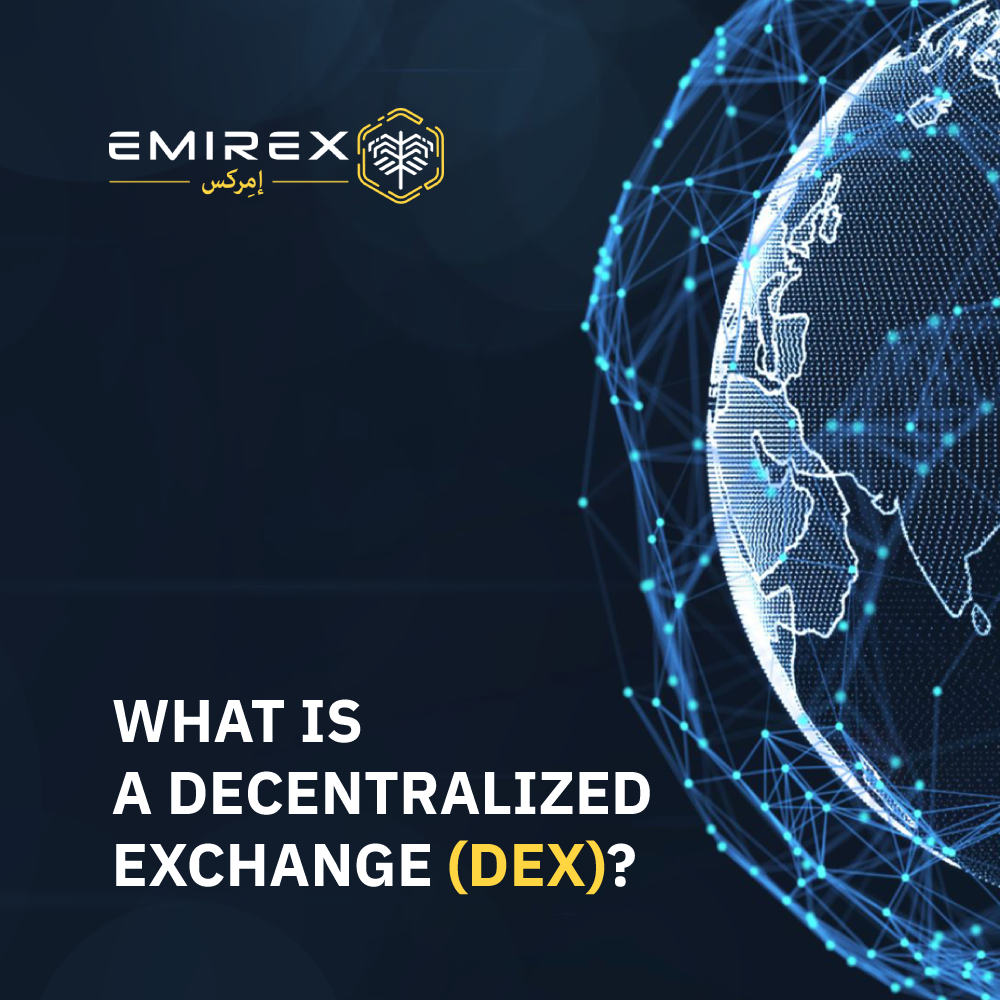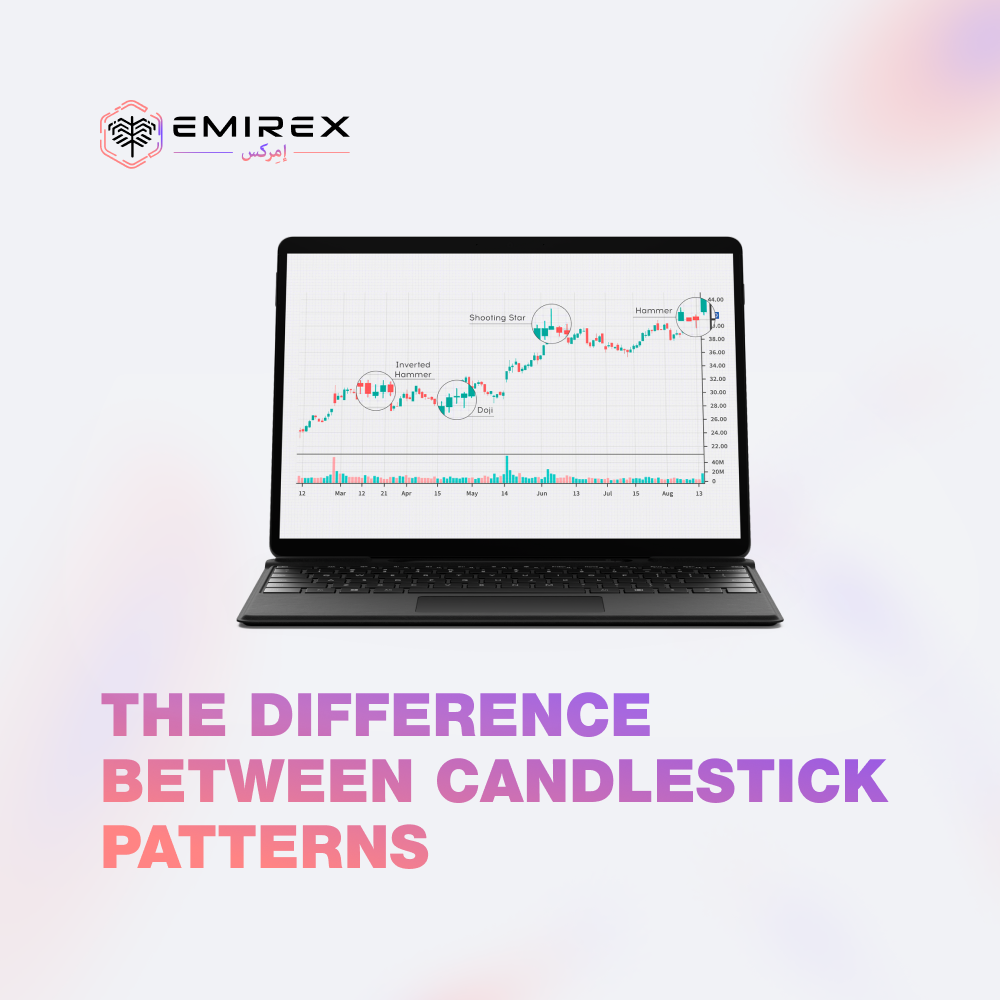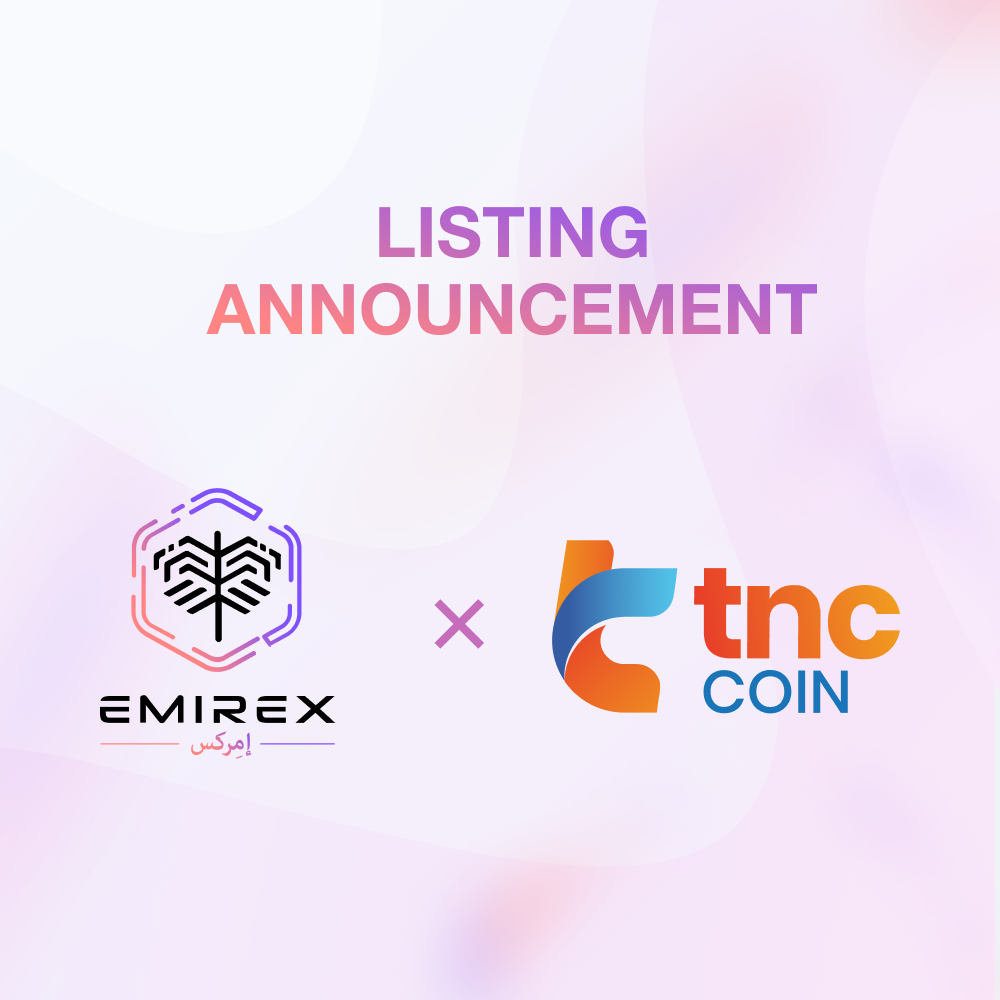Many of you might have heard of DEX - decentralized cryptocurrency exchanges, but not many fully understand what these institutions mean. And today, we'll figure it out!
The basis for everything in this area is of course anonymity for its users. We can say that this approach helped to attract the very first audience of digital assets. People were not satisfied with the modern banking system, where funds can be frozen for an unlimited period. As the crypto industry has developed, there have appeared many platforms on which the crypto community can be engaged in trading. Over time, the exchanges became more and more popular and the daily trading turnover increased. As a result, state regulators began to pay attention to crypto exchanges, requiring to legitimize this activity, by introducing identity verification for customers and providing information about accounts on-demand. It is not difficult to guess that these measures do not contribute to maintaining the anonymity of customers, which has caused a new demand and approach.
Definition
A decentralized exchange (DEX) is an exchange that operates based on a distributed ledger, does not store users' funds and personal data on its servers, and acts only as a platform for searching for matches on orders to buy or sell user assets. Trading on such platforms takes place directly between the participants (peer-to-peer) without any financial intermediaries.
Most of the strengths of decentralized exchanges are characterized by their distributed architecture and lack of a unified control center. Here are some key benefits:
- Ensuring complete anonymity of the user;
- No function of storing user assets, so hacker attacks and the collapse of the exchange itself do not threaten with the loss of funds, which radically distinguishes them from centralized exchanges, which are hacked quite regularly;
- No single entry point through which to gain access to all assets and data, which makes it difficult for hackers to do their job making the possible attack meaningless;
- No personal accounts, no verification is required, and there is no need to specify an email, so no one can use or steal personal data of users;
- No management interested in manipulating prices within the exchange;
- The distributed architecture does not allow authorities to close such an exchange or freeze user accounts.
DEX types
Decentralized exchanges are divided into two main segments - by type of operation and by the network.
In the first case, DEX uses either a traditional order book (order books, order books) or an automatic market maker (AMM) model. The order book allows you to combine orders from buyers and offers from sellers (everything here is identical to trading on centralized exchanges).
AMM models map each trade to a pool of assets in a smart contract, where the trade price is determined by the ratio of assets in the pool. This model does not require a specific counterparty in each transaction (transactions are executed only with the smart contract code). This makes AMM models ideal for more illiquid tokens. On the downside, traders tend to suffer from higher slippage when trading large amounts.
In the second case, DEX trading takes place either on the main blockchain (for example Ethereum), or for more bandwidth on the sidechains, and then transferred to the main blockchain.
Today, almost all popular DEXs run directly on the Ethereum blockchain due to their significant leadership in developer attention, breadth of ecosystem, and large community. Working through sidechains is showing promising results. However, security and centralization issues often remain.
DEX vs CEX
The main difference is that decentralized exchanges do not have a single point of failure. Centralized exchanges (CEX) store users' funds and personal data on one or more servers, which makes them vulnerable to cyber-attacks. Users of decentralized crypto exchanges independently store private keys from crypto wallets and have full control over their account. Any external interference is excluded: the wallet cannot be blocked or hacked. Besides, there is no need to disclose personal information to trade on DEX exchanges.
Another difference is that centralized exchanges act as intermediaries in transactions between users. The exchange becomes isolated from the community, and there is no transparency of transactions. Due to the absence of intermediaries and therefore increased maintenance costs, decentralized platforms can offer lower fees.
Relevant DEXs
- Binance DEX (BNB). A decentralized platform from the creator of one of the most popular crypto exchanges Binance launched in early 2019. Binance DEX runs on the Binance Chain, a blockchain developed by the company itself. The main exchange currency of the exchange in which settlements are carried out is Binance Coin (BNB). Several trading pairs with BTC and stablecoins are also supported.
- Waves. A decentralized crypto exchange based on the popular platform. Waves use its blockchain and wallet for trading, with which users can issue tokens based on the platform. The platform has wide functionality and uses the Trading View software to display charts, which makes it possible to connect trading bots and trade through the API.
- EmiSwap. An automated market maker exchange with a voting ESW token. It is an open-source, decentralized platform, a fork of Uniswap V2. Any protocol changes are possible only through the community voting procedure among ESW token holders. 0.05% of exchange trading volume is distributed among ESW token holders in proportion to the share of ownership.
- Uniswap. A decentralized protocol for exchanging Ethereum tokens that uses liquidity pools instead of beech orders. Within the framework of the exchange, you can exchange tokens, create and manage your markets (liquidity pools), view your share in the liquidity pool, current exchange rates, etc.
- SushiSwap. Like Uniswap, it is an AMM-based decentralized exchange protocol that uses liquidity pools. Any user can create a liquidity pool by providing any ERC-20 tokens or ether of their choice. Prices are generated automatically. SushiSwap is a community-driven SUSHI token, which is awarded as a reward for the supply of liquidity and has the right to vote on project governance.
- Aave. An open-source, non-custodial Ethereum protocol the main function of which is decentralized lending. The ERC20-compliant Tokens that the protocol creates for lenders are generated in the same amount as user-supplied coins. Immediately after this, the accrual of assets begins.






